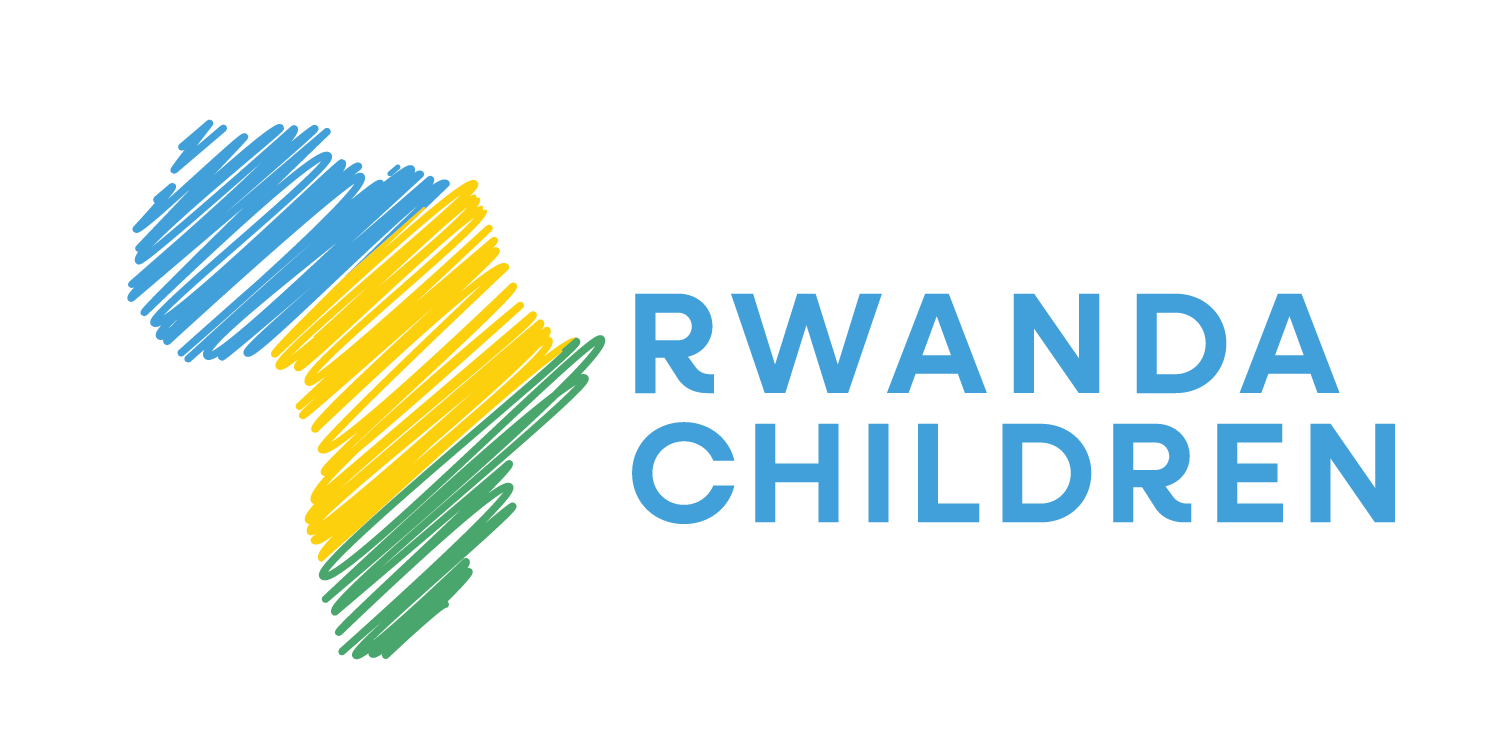
Microfinance
Alleviating Poverty
Poverty alleviation is the ministry of reconciliation, seeking to restore poor individuals and families to what God created them to be. One result is that people will be able to glorify God through work and to support their families through that work. We believe small businesses, not handouts, will eradicate poverty. Rwanda Children is working to eliminate poverty by providing budding entrepreneurs in our community with microfinancing.
“Just work harder...”
Most of us in the U.S. believe in some version of the American dream that says if you put your nose to the grindstone and work really hard you will be successful. We even have phrases like “pull yourself up by your own bootstraps” (which, by the way, is physically impossible to do) to describe this work ethic.
Most “successful” Americans have a difficult time understanding why other people, both in our country and around the world, aren’t achieving in the same way they are. Often, this lack of achievement on the part of “unsuccessful” others is attributed to laziness, an aversion to hard work, or a lack of effort.
But the infrastructure and conditions for business are quite different in the U.S. than they are in a Rwandan town like Ntarama, where Rwanda Children’s campus is located.
Take your sweat and talents and American know-how to Ntarama, and try to grow a business. Our guess is that many years later, you will still be toiling with little to show.
The reality is most of us in the U.S. benefit significantly from the public investments in infrastructure, education, roads, communication, health, and new technologies.
Our microfinance steps
Step 1: Relationship building
We conduct extensive baseline assessments and spend relational time with people to know them and their life situation.
Step 2: Business training
We provide consistent and in-depth training and support to those who are participating in our Microfinance & Entrepreneurship Program.
Step 3: Life and leadership skills
We conduct intensive training and one-on-one mentorship with our entrepreneurs and their families in areas of financial planning, business leadership, and household health and nutrition.
Step 4: Business investment
We provide micro loans to individuals who complete business training and submit a business plan, equipping these people to successfully launch their new business.
Step 5: Impact measurement
We collect quantitative and qualitative data to monitor and evaluate the impact of our efforts. We use this information to determine the best way to support each person toward sufficiency.


